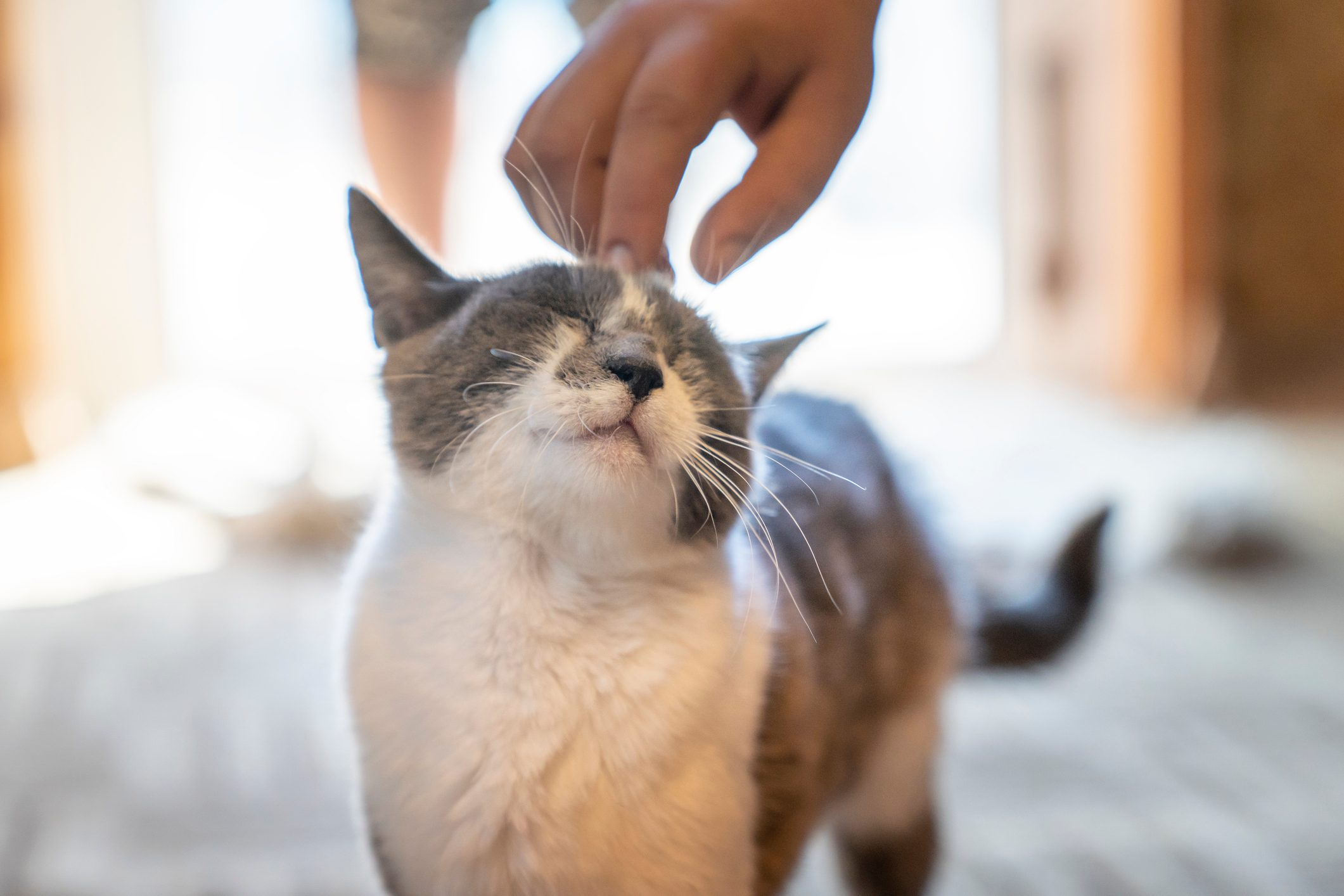The virus "can be deadly to cats, as well as dogs, so we encourage consumers to carefully consider the risk of this emerging pathogen," the FDA has stated.

House Cats in at Least 4 States Diagnosed with Bird Flu, Say National Experts

As the Trump administration is said to have halted communication from federal public health agencies, at least a dozen house cats across four states have now died of bird flu or displayed symptoms of the illness, the U.S. Food and Drug Administration (FDA) reported before the communications freeze. The animals are said to have become sick after consuming raw foods including unpasteurized milk and uncooked pet foods, sparking the FDA to propose safety guidelines for pet families.
The regulatory agency said in a statement shared with CBS News on Tuesday: “The FDA is aware of reports of death or illness associated with uncooked food in 13 domestic cats in eight households, one exotic cat in one household, and an unknown number of animals at two sanctuaries for large fields.” Latest reports suggest FDA experts have identified these cases in California, Colorado, Oregon, and Washington State.
Prior to that, on January 17, the FDA issued an updated set of guidelines directed at raw pet food manufacturers, urging them to “reanalyze their food safety plans to include Highly Pathogenic Avian Influenza virus (specifically H5N1) as a known or reasonably foreseeable hazard.”
In another statement released the same day, the regulatory agency also implored pet owners to avoid raw pet foods containing cattle or poultry, given the heightened risk. “H5N1 can be deadly to cats, as well as dogs, so we encourage consumers to carefully consider the risk of this emerging pathogen before feeding their pets uncooked meat or an uncooked pet food product,” their experts said.
Domestic pets such as cats and dogs may also be exposed to bird flu if they come into contact with sick or dead birds infected with the virus, the Centers for Disease Control and Prevention (CDC) warns. Though it is unlikely that you would contract bird flu through contact with your infected pet, “it is possible,” they write. “If your pet is showing signs of illness compatible with bird flu virus infection and has been exposed to infected (sick or dead) wild birds/poultry, you should monitor your health for signs of fever or infection,” their experts say.
According to the American Veterinary Medical Association, feline symptoms of bird flu can include:
- Loss of appetite
- Lethargy
- Neurologic signs (e.g., ataxia, circling, tremors, seizures, or blindness)
- Severe depression
- Discharge from the eyes or nose
- Other respiratory signs, including rapid breathing, shortness of breath, sneezing, or coughing
Pet owners who suspect their pet to be infected with bird flu should take the following precautions, the AVMA adds:
- Call their veterinary clinic—before taking cats in to be seen—and describe any clinical signs they have noticed so that the veterinary team can be ready when the patient arrives.
- Limit their cat’s contact with immunocompromised individuals if any exposure to the virus is possible.
- Protect themselves and others from influenza by following recommendations from the Centers for Disease Control and Prevention (CDC).
- Monitor their family and other animals that might have been exposed for signs of illness, and report any human illness to their local public health official.
Bird flu is widespread in wild birds and has caused outbreaks in poultry and dairy cattle farms throughout the nation. The virus has also infected some humans, though the risk of human transmission currently remains low.
It’s been reported the Trump administration is reviewing federal health agencies’ communication policies until February 1.
For daily wellness updates, subscribe to The Healthy by Reader’s Digest newsletter and follow The Healthy on Facebook and Instagram. Keep reading:




















